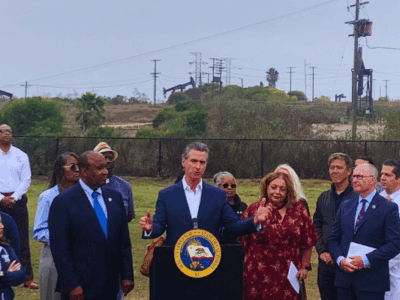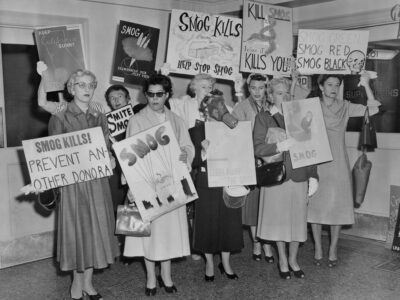The Sandwich and Urban Pollution Progress in China
The principal-agent problem is a classic issue in modern economics. Consider the case of a Chinese Mayor who must choose whether to enforce regulations on a local steel plant. Pollution would decline if this regulation is enforced but the profits of the firm might fall and this could affect the local economy if the firm fires workers and it could affect the Mayor if the firm is making side payments to the Mayor. In the past, the mayor had private information about his regulatory efforts and faced little pressure from the Beijing Central Government to address these issues. After all, a steel factory contributes to national GNP. Since the state controlled information flows, local residents might have had incomplete knowledge about their pollution exposure and the long run consequences. In this new NBER paper, we present a series of new empirical results consistent with the optimistic hypothesis that the “rules of the game” have changed and the mayors are increasingly incentivized to “go green”.
The Abstract
China’s extremely high levels of urban air, water and greenhouse gas emissions levels pose local and global environmental challenges. China’s urban leaders have substantial influence and discretion over the evolution of economic activity that generates such externalities. This paper examines the political economy of urban leaders’ incentives to tackle pollution issues. Based on a principal-agent framework, we present evidence consistent with the hypothesis that both the central government and the public are placing pressure on China’s urban leaders to mitigate externalities. Such “pro-green” incentives suggest that many of China’s cities could enjoy significant environmental progress in the near future.








Reader Comments